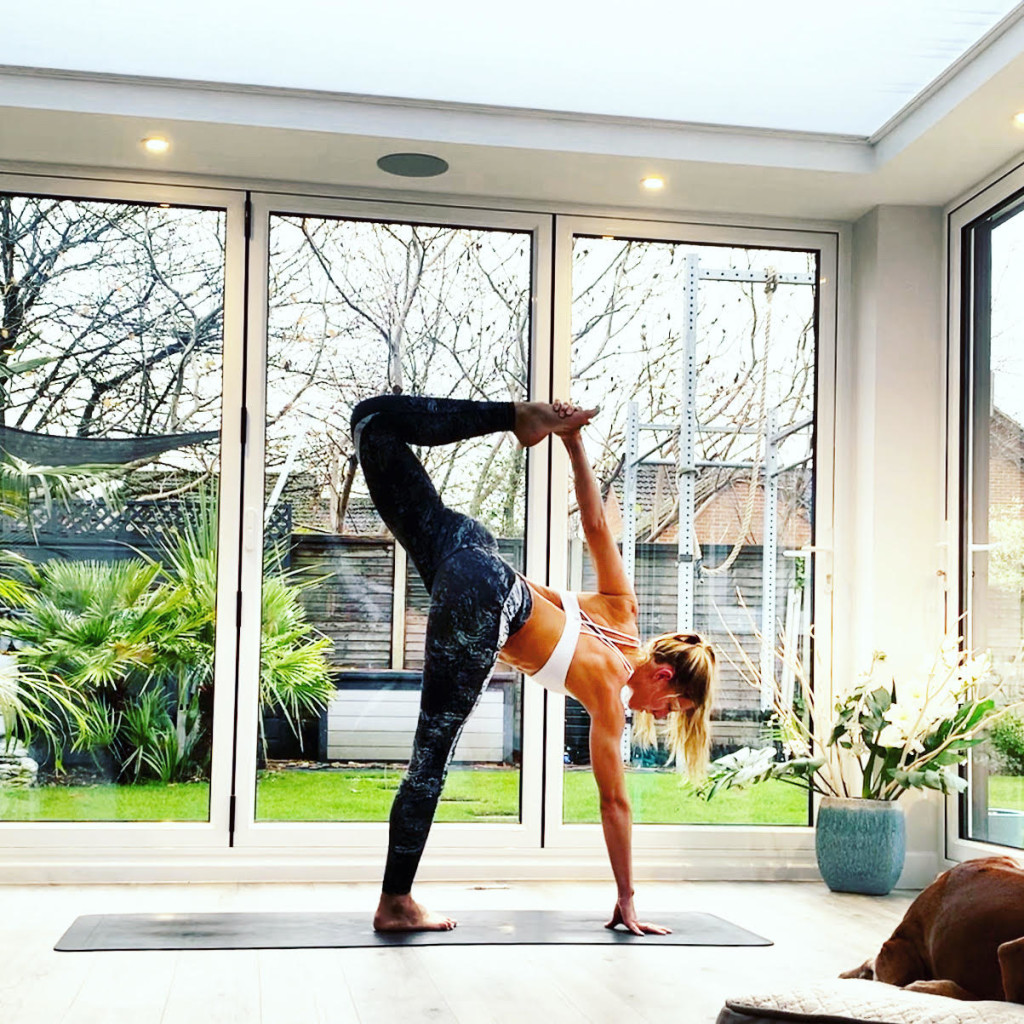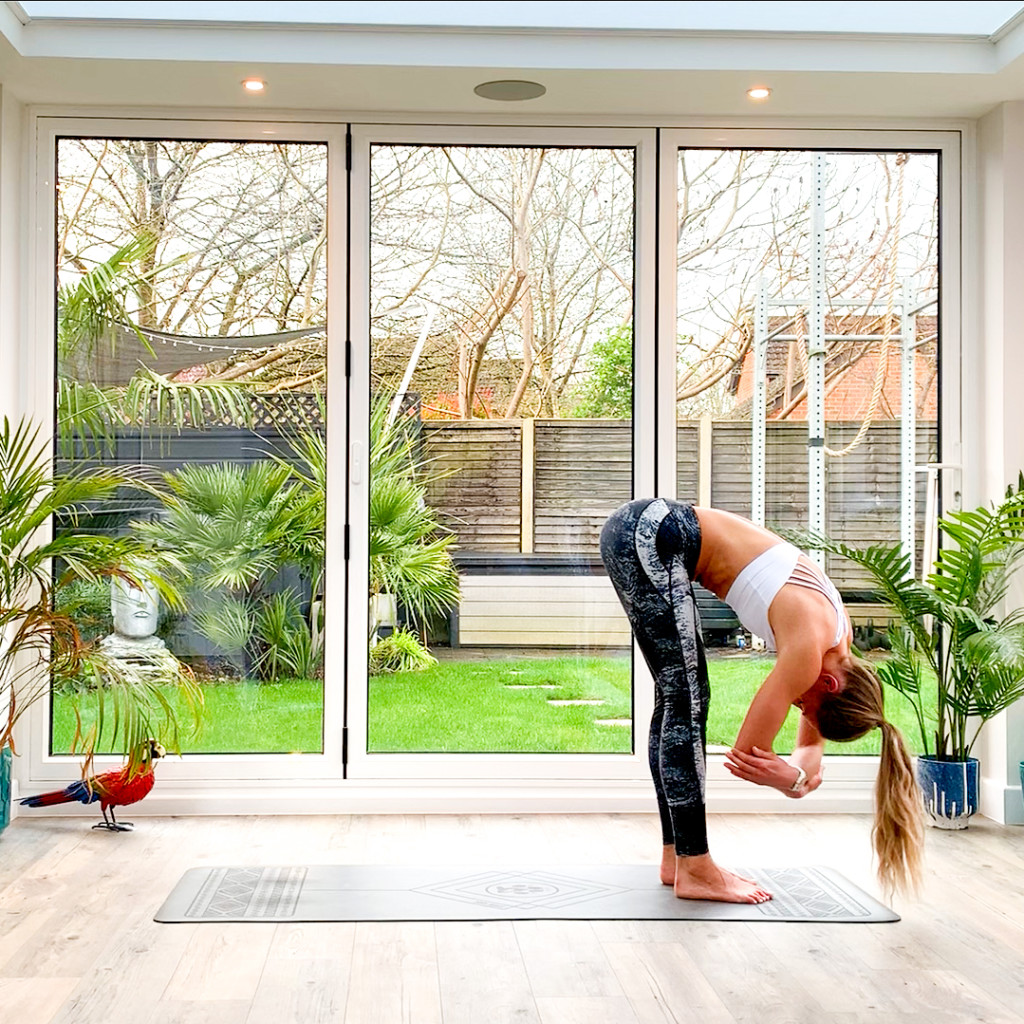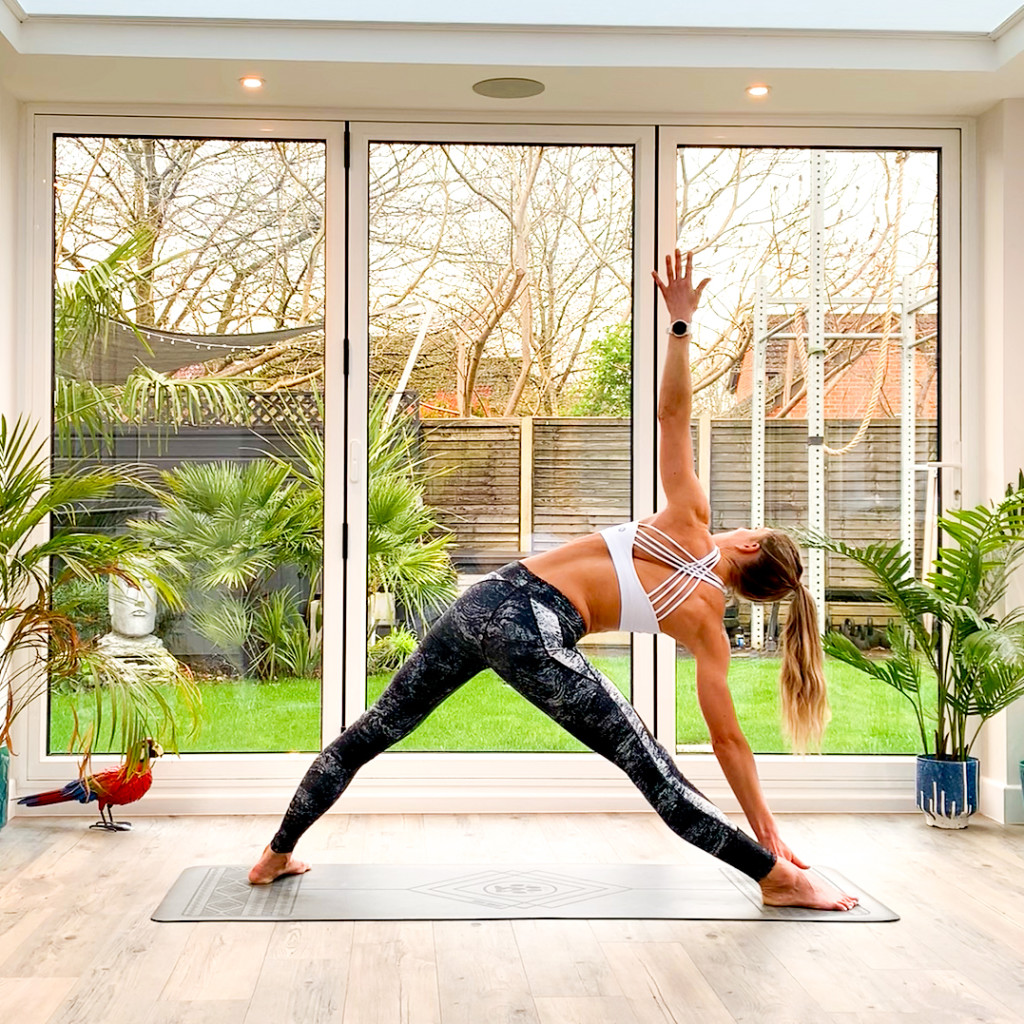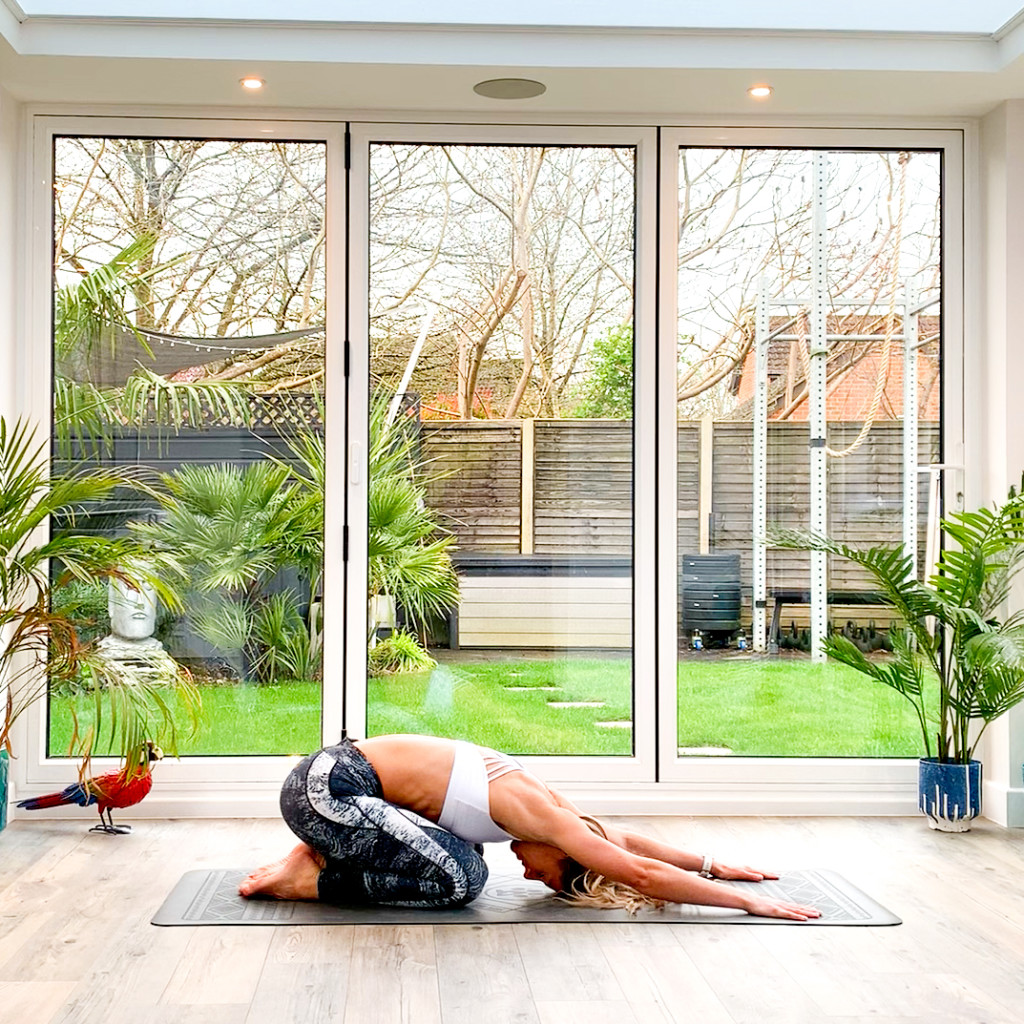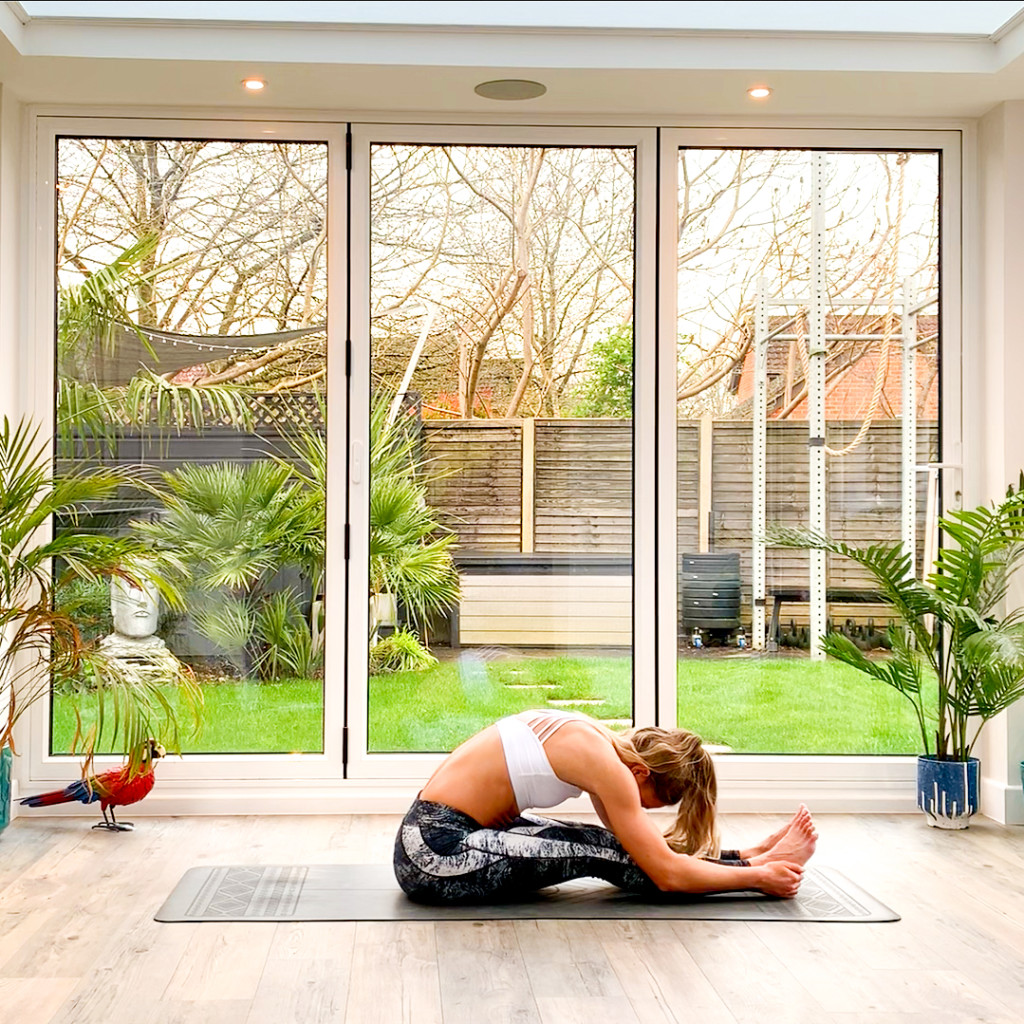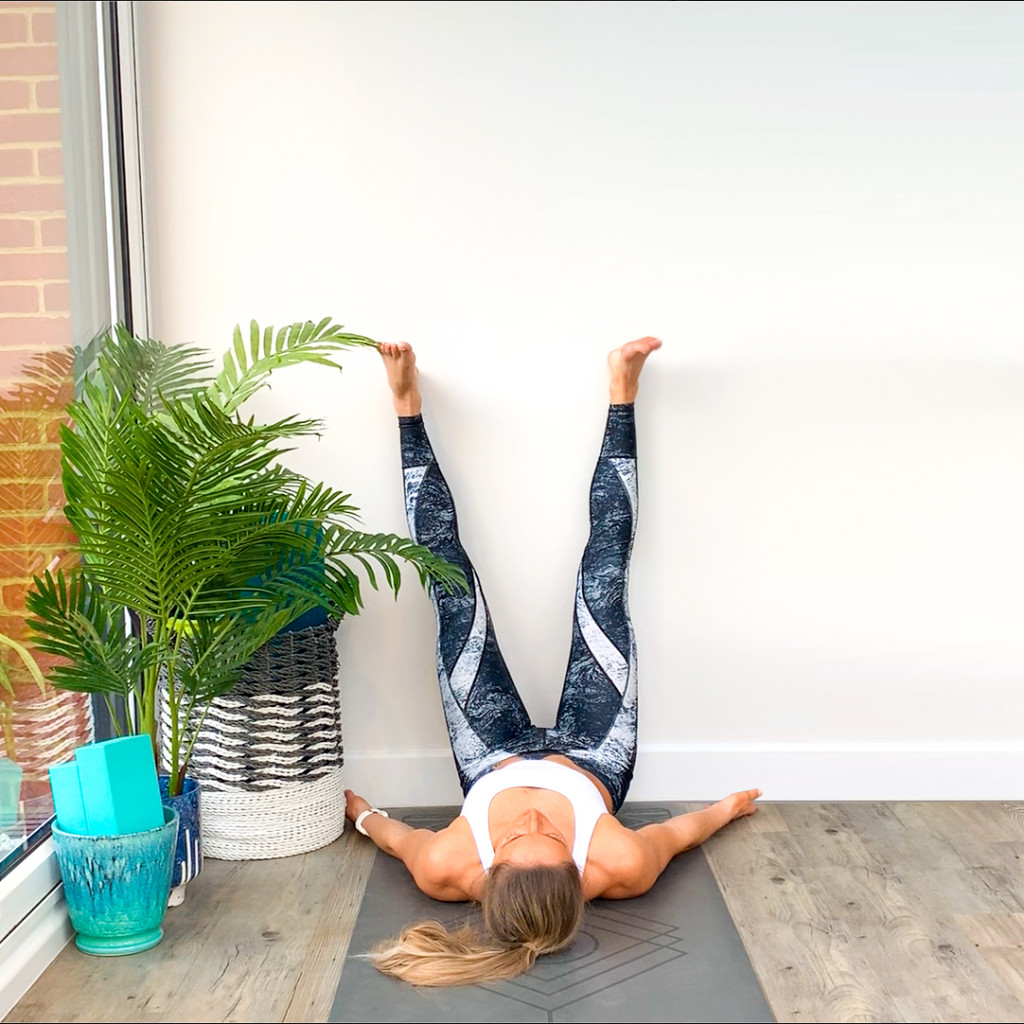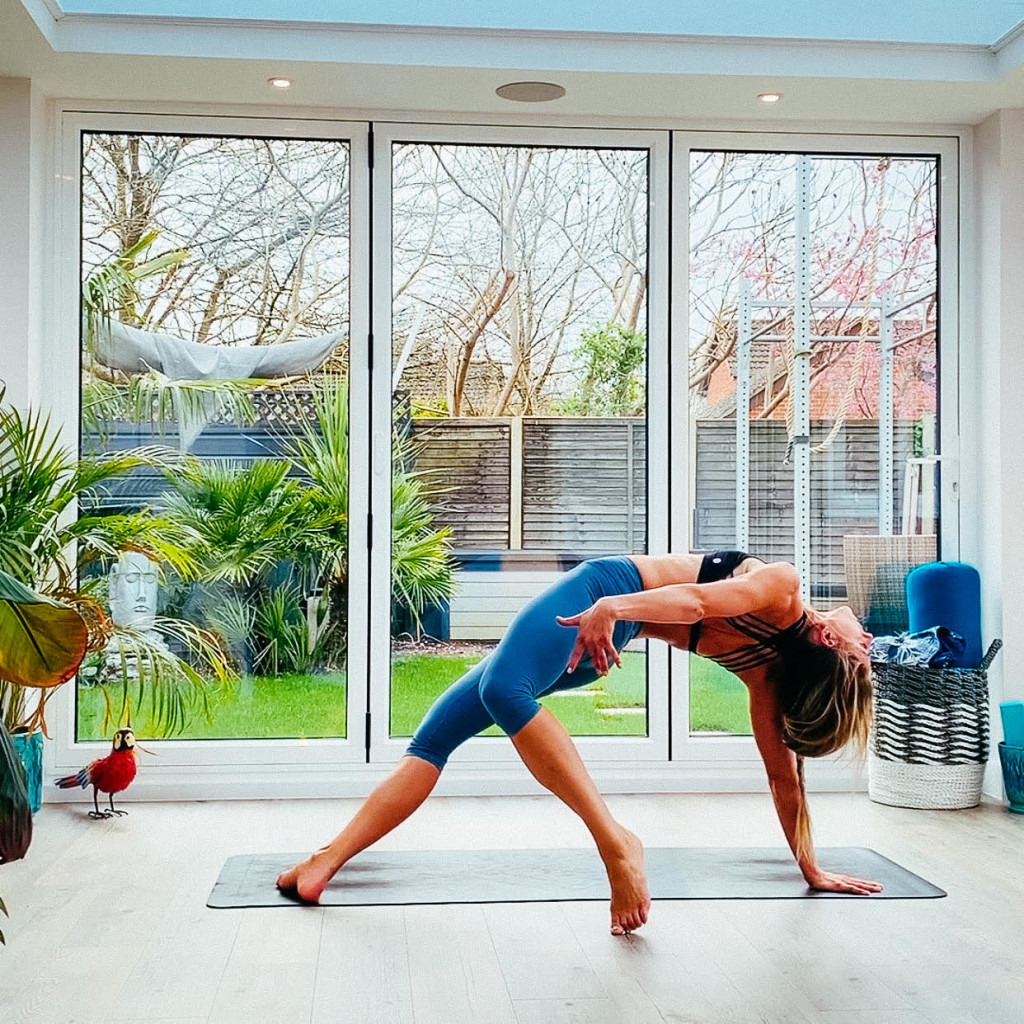
I’ve been doing yoga over the years on and off. It’s something I find has a huge impact on my wellbeing, as well as my physical wellness. It just so happens that I know a talented yoga coach and writer, Harriet Smith. Here she shares her thoughts on why yoga is beneficial for health and anxiety.
As a millennial, the world has changed vastly in my lifetime. My own career as a digital marketeer didn’t even exist when I was born. In the ’80s computers were a luxury that not many had at home or even in the workplace. By the ’90s the internet had exploded, communications had changed from written letters to emails, and by the millennium social media was born.
Technology today has changed the way we live, communicate and even socialise.
Technology has bought many benefits to our lives; enabling us to be more efficient in our workplace, making it easier for us to stay in touch with friends and family all over the world, and allowing us to communicate instantly in real-time with each other from anywhere at any hour.
However, I also blame technology for many of the stresses we endure in our day to day lives. I also feel that technology has also caused many of the mental health issues we see more and more of today too. Sometimes I envy the time in which my elders grew up and worked when life was a little simpler.
Things were not always instant, jobs took a little longer, but at the same time perhaps they enjoyed the present moment more. For example, when they were ‘out of the office’, they truly were out of the office unable to be contacted, and socialising was 100% done in person, not through a screen. Disconnected from the matrix they lived a life blissfully unaware of what was happening in the lives of those that we now follow online.
As much as I love social media, and I agree when used correctly it can do so much good, I believe it is the biggest cause of anxiety and stress in the younger generations of today. Social media has become a key factor in the way that we all socialise – and yet it isolates us at the same time.
Technology now means we can work 24/7, in the office or on the move. Nowadays, in some office cultures, the expectation for you to always be available comes as standard. Our smartphones are clutched tightly in our hands for most of the day, be that for work or social reasons. We are letting the world around us, the real moments, the present moment, slip away without so much as a second thought and at the same time potentially increasing our stress levels and inflicting unnecessary anxiety on ourselves.
When was the last time you disconnected or unplugged?
Back in 2017, I had got to a point in my personal life where stress was at an all-time high, work didn’t help, but infertility issues at home were now adding to this. I found myself in a state of anxiety every day, worrying constantly about our future, about what others were up to, envious of other people’s lives, feeling stuck in limbo and left behind friends who were moving on to various life stages, beginning families of their own.
I needed to find a way to relieve the stress, as well as find a form of fitness that was kinder to my body and less high in intensity than my CrossFit or running.
That is when I turned to yoga.
I had practised yoga on and off for many years, but more to improve and maintain flexibility and mobility, never for my mental health. However, at this moment in time I needed to teach myself how to slow down, unwind, enjoy moving but moving gently, and most importantly switch the noise in my head off. The more I practised the more I discovered how beneficial a regular yoga practice can be – not only for the body but for the mind too.
I found my anxiety reduced, I cried less, I could think clearer and appreciated the things I did have in life more.
Now, although we have moved on from that stage of our lives, I still try to unplug every day, taking time for myself, even if that’s just for 15 minutes. I also was inspired to train as a yoga instructor and am now fully qualified, running private and group classes from my boutique studio every week. I love to teach others the practice and help them unplug too.
There are so many reasons why yoga is good for stress relief and regular practice brings many other benefits too…
For the sporty ones out there, practising yoga is complimentary to any sport. Regular practice not only helps with recovery by stretching off, loosening sore, tight muscles but also helps improve mobility and stability too which in turn helps to reduce your risk of injury.
For the general population, as well as a good form of exercise to improve fitness, yoga is an amazing stress relief tool too. The practice uses relaxation techniques that soothe the body and quietens the mind:
Breathing techniques
There are two key factors to why we focus on the breath during yoga:
- The way you breathe, always inhaling through the nose which helps to draw the breath down deeper into your lungs, requiring minimal muscular activation, using the diaphragm – the proper breathing technique!
The upper lobes of our lungs have more receptors for our Sympathetic Nervous System (SNS aka your fight or flight response system) and when activated tell the body to get more oxygen to the muscles faster, which essentially is a stressor. When you are trying to calm the body down, you don’t want to activate this system, the aim is the exact opposite – you want to completely switch it off if possible.
The lower lobes in our lungs have more Parasympathetic Nervous Systems (PNS) receptors which balance the SNS activity. Essentially calming the body down, reducing stress.
2. By focusing the mind on the flow of your breath, you draw your attention inwards, focusing on you, your body and how it feels in the present moment. This change in focus for most will turn the chatter in our minds off without realising or thinking too hard about doing so. Allowing you to truly unplug and enjoy your practice.
Movement
The combination of movement with breath is an active form of relaxation that can have an almost meditative effect on the body. Although you are moving and enjoying some level of fitness, practice does not have to add any extra stress or strain on the body. It does the complete opposite – having more of a restorative effect and therefore can be more beneficial or complimentary both physically and mentally.
Lose your ego
Regular yoga practice allows you to become more in tune with your body and your mind, understanding how it feels from day to day, learning to listen to what it needs or doesn’t need. Some days you will want to move fast, others you might want to go slow – you don’t have to push your limits every day. It’s perfectly fine not too. Yoga teaches you to chill and be ok with whatever day you are having. Yoga teaches you acceptance which I think transfers into many other areas of our lives, helping to remove unnecessary stress or anxiety.
Here are my top 5 stress-relieving yoga postures.
1.Uttanasana or Standing forward fold
2. Extended Triangle Pose
3. Childs pose
4. Seated forward fold
5. Legs up the wall
Or you could try this mini yoga flow to relieve stress and anxiety…
About the Author
This article was written by Harriet Smith, a fully qualified yoga instructor, nutrition coach and general health and wellness guru! Harriet runs yoga classes and workshops through Flotality (www.flotality.co.uk), her boutique yoga studio situated in the beautiful countryside village of Eversley, Hampshire.

